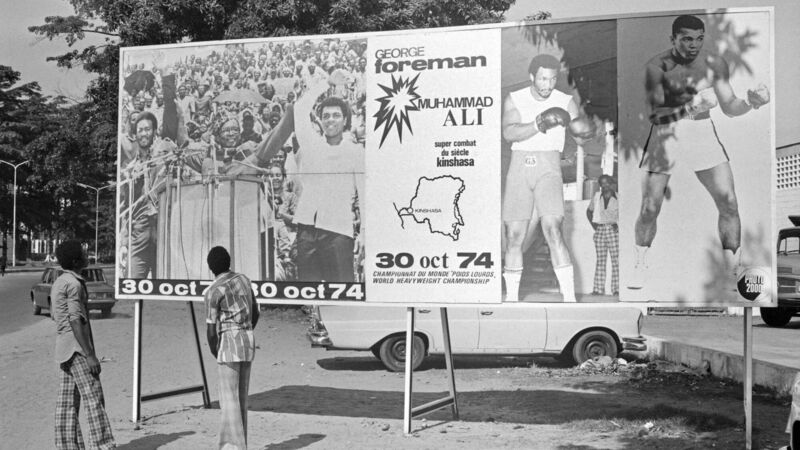Fifty years ago, in a corner of white South Africa, Muhammad Ali already seemed a miracle-maker. Deep in our strictly regimented and divided country, Ali danced rings around apartheid. I had first heard about the inspirational boxer from a black man, Cassius, who sold bottles of beer from the illegal shebeen he and his friends ran across the road from our house.
Cassius and his crew kept their illicit stash hidden in the drains outside the corner shop owned by an irritable Greek man. Whenever my football was booted over the garden wall, Cassius chased after it. After a dazzling display of slightly drunken footwork he would return the ball with a cackle.
One day, while showcasing his trickery, he sang a strange song: “Ali, Ali, float like a butterfly, sting like a bee, Ali, Ali, Muhammad Ali.” Cassius flicked rangy left jabs into the winter sunshine as his huge feet danced. He wore a pair of battered brown sandals that had split at the seams.
They fluttered over the tar while the soles flapped in a jitterbug of their own. He pretended to be outraged when I asked who he was singing about: “You mean the baasie [Afrikaans for little boss] don’t know?” When I shook my head he became serious: “Ali is the heavyweight champion of the world.” A thrill surged through me.
Cassius told me how he was nicknamed after Ali – who had been born as Cassius Clay. I struggled to understand how one man could have two names. Cassius explained that the master boxer was a black Americ.


















